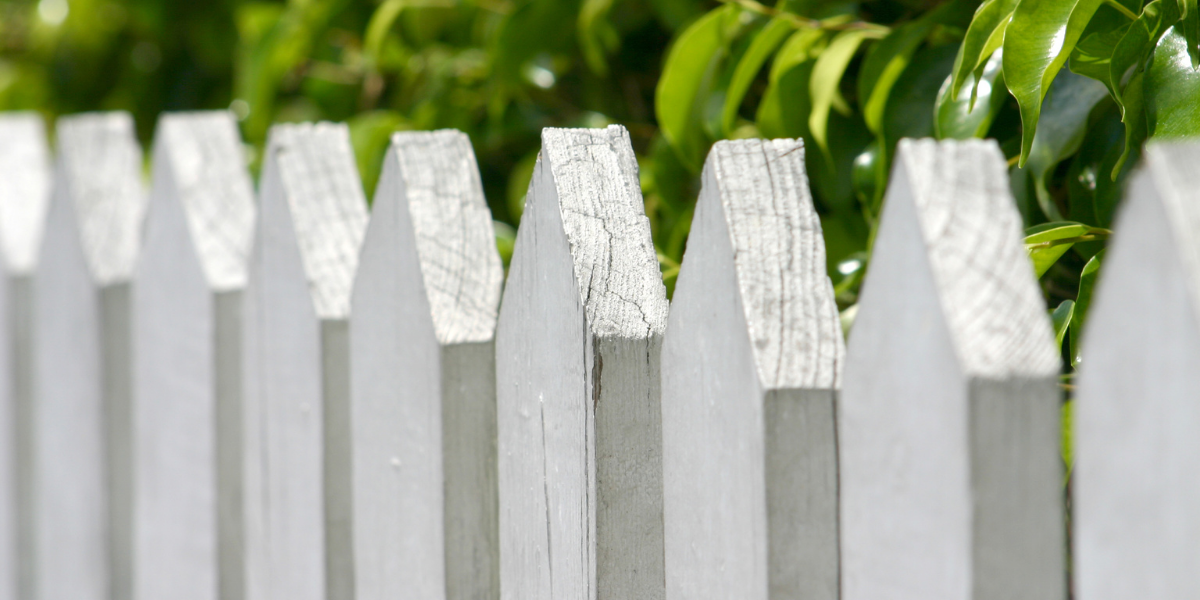I recently had a chat with Elsie Owen, the People Pleasing Therapist, about worth and our tendency to persist with people pleasing behaviour, which puts us at the bottom of the pile. How can we create boundaries that enable you to truly nourish yourself?
I feel this is particularly relevant for the work I do with people around diet and nutrition, because feeling enabled to look after ourselves in the way we truly want, can have many barriers, not least of all because eating is something we do with other people and how we feel often impacts on what we choose to eat.
Often, we have learnt behaviours over the years, that see us putting others and their needs above ourselves constantly. This links to our own sense of self-worth, and many people I’ve worked with over the years struggle with this.
As Elsie pointed out in our chat, we are all worth the same, whether we’re a celebrity on a fancy yacht or dragging ourselves to the school run again as part of our run of the mill day. We are all worthy of the same respect and love.
Many people don’t believe this though and the clients I work with have often had to listen to comments from those closest to them, that lead them to believe they are less worthy – perhaps because of their body shape or size, which doesn’t appear to conform to societal norms. Beliefs can form, sometimes due to childhood exposure to these sorts of comments, that we carry with us into adult life.
Challenges around self-worth are compounded by the multi-million-pound diet industry who thrives on us not liking ourselves very much, so much so that we’ll keep going back to diet clubs or products to hopefully achieve all they promise.
Addressing low self-worth
Elsie reminds us it’s a complex topic but suggests asking yourself, what is stopping me from valuing myself as much as I do everyone else?
With the acknowledgment that perhaps we could be happier if we start valuing ourselves more, we can path the way for creating boundaries that allow us to do this. It’s trial and error and remaining curious as we explore what might help is key.
How to create boundaries that support you
To allow you to nourish yourself, it can be helpful to create boundaries about what is acceptable, with those around you. Working on placing yourself evenly on the priority ladder takes time, so it’s helpful to start small. Taking the time to reflect, that placing importance on your own needs does not automatically make you selfish for example.
Elsie suggests asking yourself, what is the impact on you of not doing the thing you want to do. So, for example, if you would like to step off the diet train knowing that it’s not serving you well, what is the impact of continuing to diet? Why does it matter to you, to try a different approach?
With this in mind, what do you then need from those around you?
We can then approach conversations differently… so that we’re less defensive. For example, ‘to help me work through this… it would be really useful if you could do this’… Often those closest to us don’t know how we could most use their help unless we tell them. Being more open and honest will allow us to create boundaries far easier.
Moving away from dieting
Deciding not to go back to dieting is a brave decision. Many of our friends, for example may also be part of that world, and perhaps in some way you are bonded by mutual body bashing and what appear to be harmless jokes about giving in to the slice of cake.
Deciding not to diet, is not you saying you don’t care about your health and well-being anymore. If anything, it’s the opposite. It’s permission to acknowledge that dieting and pursuing weight loss as the measure of your success and your well-being, is not the answer.
Research tells us that persistent dieting can increase levels of anxiety and depression, lower self-esteem and lead to preoccupation with food, so that we’re second guessing our every food decision. It’s an exhausting place to be, and yet diet culture continues to tell us, we’ll feel freedom and better for it!
The diet industry relies on you not trusting yourself very much, so that you’ll trust them more and be bound to them for as long as possible as a crux to ensure your success.
It’s a journey and there are lots of layers
Elsie reminds us to give permission to tune into ourselves and what we value. Taking the first step to feeling like you can trust yourself, can involve a number of options. For example, perhaps a start is taking control over what content you’re consuming on social media or being honest with friends to say you’re not up for having conversations that constantly involve diet talk.
It can feel scary, but ultimately, we are not responsible for someone’s feelings. You’re allowed to step away from conversations that don’t feel authentic to you anymore and point out that it’s not personal. This is not you being selfish, this is you connecting to what you truly need and giving yourself permission to do that because you are worthy of it.
You can find out more about Elsie and her Boundaries Courses here.
To explore how you can nourish yourself without dieting, take a look at what my online programmes involve.


Leave A Comment